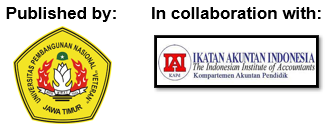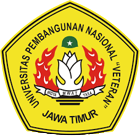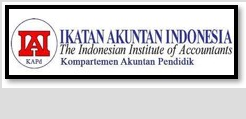Gamification Model as a Business Strategy for MSMEs in Indonesia
DOI:
https://doi.org/10.33005/jasf.v4i1.162Keywords:
Gamification, Behavior Change, Motivation, Psychological EffectsAbstract
Gamification is a game design in a non-game context that can be applied to the Micro, Small, and Medium Enterprises (MSMEs) business. This study aims to see how the role of gamification can be a model in MSMEs' business activities and performance. The sample is 13 of 34 MSMEs business managed by students at the Provincial level in Indonesia who are student representatives at the Branch Leaders, Branch Managers, and Regional Leaders in a hierarchical structure. First, the root of the problem is viewed from secondary data through theoretical studies (literature reviews, reports, and reputable media data) and observations of empirical aspects (observation and interviews). In the next stage, the data is processed using the Nvivo 12 application with coding
similarity analysis. Then the results of the study are used as a reference and conclusions through the data obtained. Based on the analysis results, the study agenda was prepared to answer the challenge of demographic bonuses and the middle-income trap on the contribution of MSMEs in facing changes in the economic order in the new normal era. The implication is to become a
business model for MSMEs in overcoming human capital problems by encouraging creative and innovative attitudes and traits. Furthermore, the application of gamification as a business strategy shows an interconnected and supportive soul as a solution with an impact on behavior change, motivation, and psychological effects of entrepreneurship. Thus, users, such as managers,
employees, dan customers, are to be involved in the selling process through gamification.
Downloads
Downloads
Published
How to Cite
Issue
Section
License
Copyright (c) 2021 Arief Dwi Saputra, Alfina Rahmatia

This work is licensed under a Creative Commons Attribution 4.0 International License.














